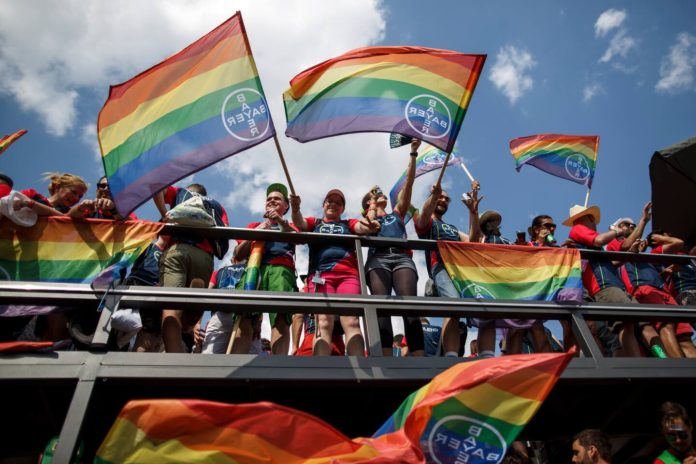
The East German experience with gay liberation was yet more surprising. Although most Westerners assumed such activism could not possibly have been successful in a communist state, by the end of the 1980s, East Germany could realistically lay claim to being one of the most sexually progressive countries on Earth. In the 1970s, gay men and lesbians began to organize together in East Berlin. While the Stasi, the secret police, denied the group the right to organize in public, these tenacious women and men coordinated house parties, steamboat cruises and birthday dinners. In the middle of the decade, they met Charlotte von Mahlsdorf, a trans woman who ran a museum in one of East Berlin’s outer neighborhoods. She offered them the museum’s basement to host their activities, and for several years they “bopped and danced like it was 1904.” This arrangement lasted until 1978, when the East Berlin police forbade the group to continue meeting.








